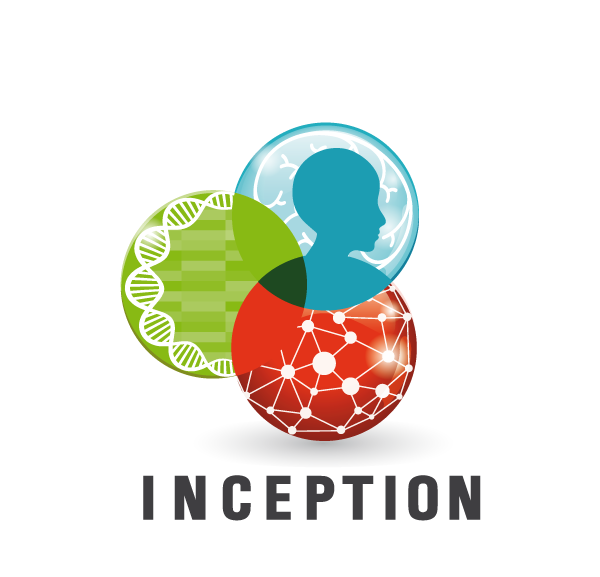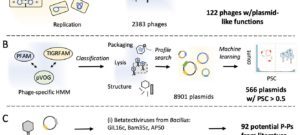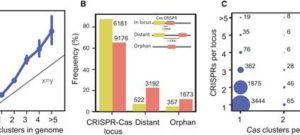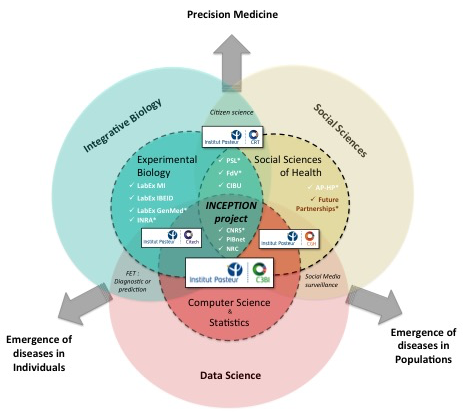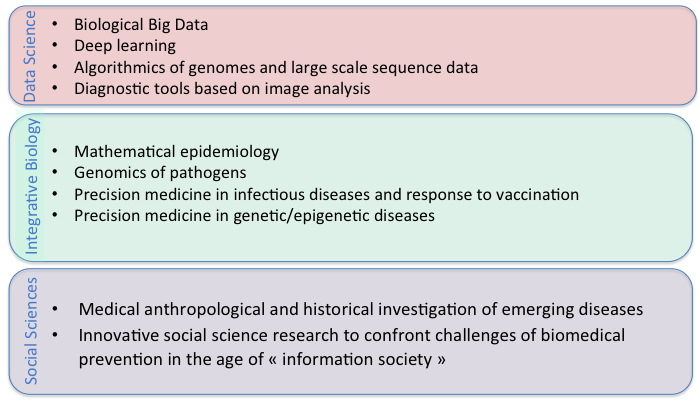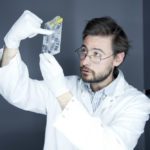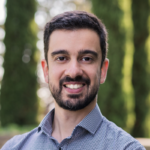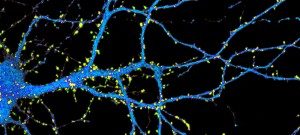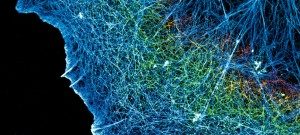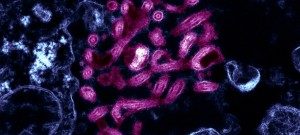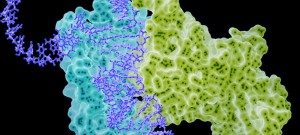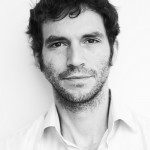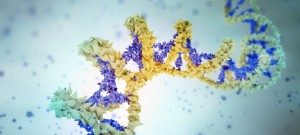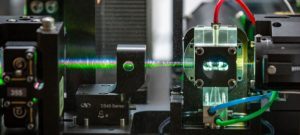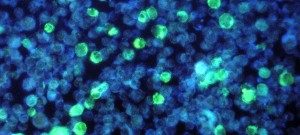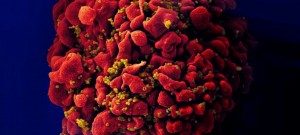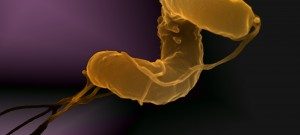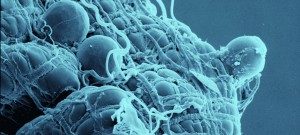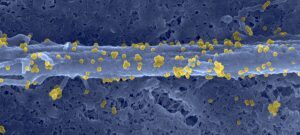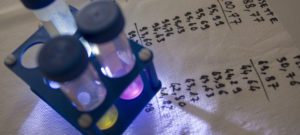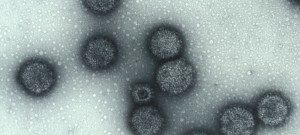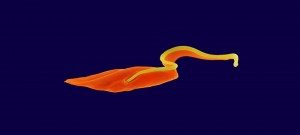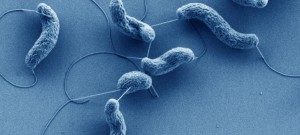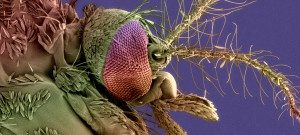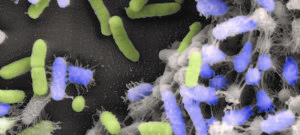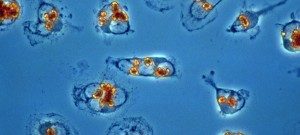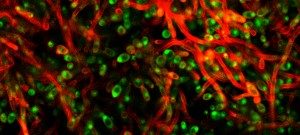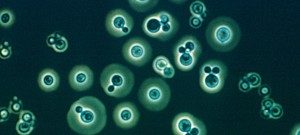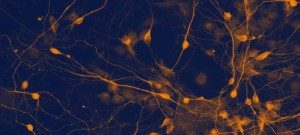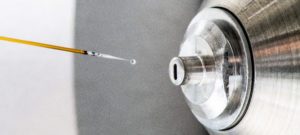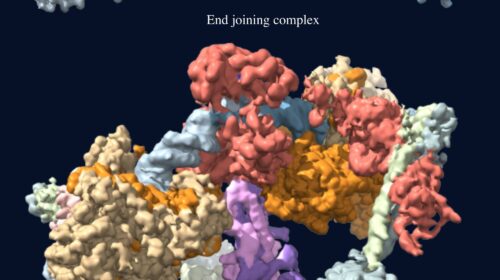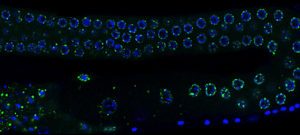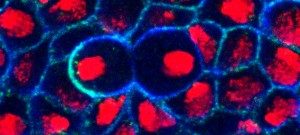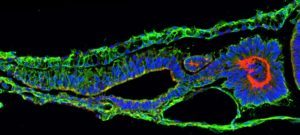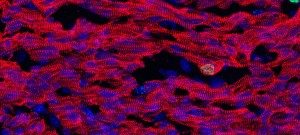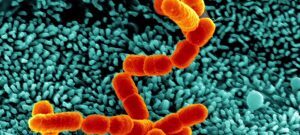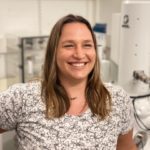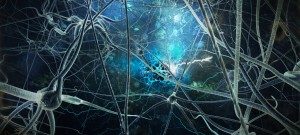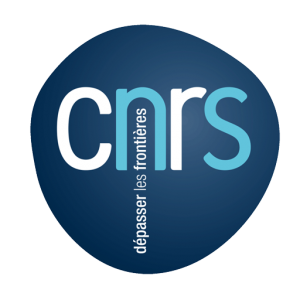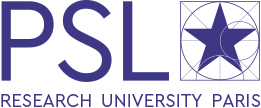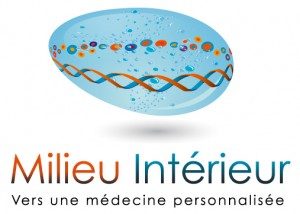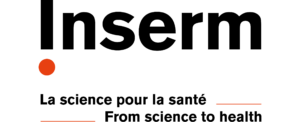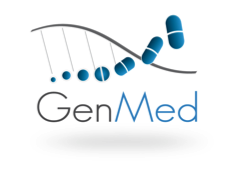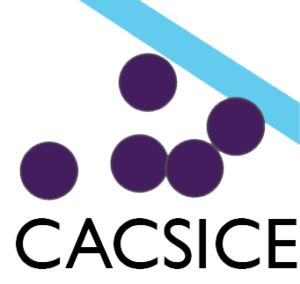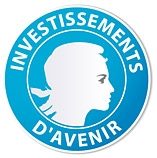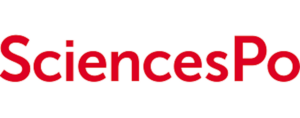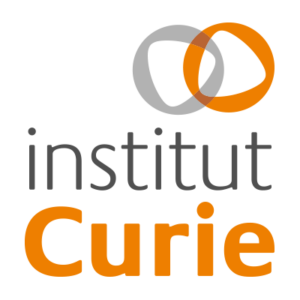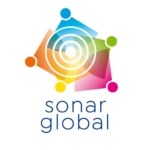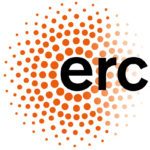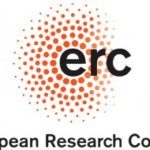INCEPTION Goal
The Inception aims to develop a core structure to mobilize data resources, numerical sciences, and fundamental experimental biology in various health issues (Official website here: https://www.inception-program.fr/en).
The inception program uses Integrative Biology, Social Science and Data Science to understand the Emergence of Diseases in Populations and in Individuals, gathering different fields of expertise (biology, medicine, computer science, mathematics, statistics, physics, and social sciences). It addresses societal challenges related to diseases emergence:
- Global surveillance and monitoring
- Multi-scale analyses, integrating the ecosystem
- Social sphere to define health policies
- New methodological approaches to make sense of big biological data
The Inception’s core group is hosted at the Institut Pasteur, Paris. It stems from existing projects and structures on the campus, among which the four transversal Centers: the Center for Bioinformatics, Biostatistics and Integrative Biology (C3BI), the Center for Innovation and Technological Research (Citech), the Center for Global Health (CGH), and the Center for Translational Research (CRT). Besides, LabExs of Institut Pasteur, the PIBnet project, the NRCs (15 hosted at the Institut Pasteur in Paris), and CIBU are data providers to the IP Centers and laboratories in the framework of Inception.
The solid scientific network that constitutes Inception involves partnerships with academic institutions: the CNRS and the National Center for Genotyping (CNG, Labex GenMed) are in charge, respectively of methodological developments and data acquisition. The Paris Sciences et Lettres research university (PSL), the Paris Diderot University (Paris 7), and the Frontières du Vivant (FdV) doctoral school will be key players in the Inception education workplan to develop courses in numerical sciences, modelling, data analysis, and social sciences.
Partnerships with Paris 7 SPHère laboratory (Sciences, Philosophie, Histoire – UMR 7219) will allow the implementation of social sciences in the Inception framework, developing a strong program for the study of social, cultural and political aspects of life sciences and medicine.
Inception is addressing the paradigm shift of modern Biology by fostering an effective crosstalk between three distinct disciplines:
- Computer Science and Data Science to develop modern modelling approaches, ensure the efficient management of the massive data generated by high-throughput technologies, and allow for their exploitation and biological interpretation.
- Integrative Biology to study human pathologies and collect biological Big Data related to pathologies and pathogens from the molecular level to cells, organs, and organisms, considering the multiplicity of environmental determinants and interactions.
- Social Sciences to address human contributions to emerging diseases and fundamental ethical and social concerns raised by Integrative Biology and Data science.
https://www.cjoint.com/c/JDgodPpyp0z
Fig 1. Inception Outline
The scientific project is divided into four axes. The first axis, “Methods for Integrative Biology”, comprises a range of mathematics, statistics, and computer science domains to be mobilized and developed. Their common objective is to enable the study of the emergence of diseases in populations (second axis), but also within individuals (third axis). These two scales of investigation are increasingly linked, for example, using concepts and tools from evolutionary biology. Lastly, the fourth axis involves Social Sciences, in which Inception gives an influential role to understand and predict the development of epidemics and build consistent health policies over the long term.
Fig 2. Inception Disciplines & Methods
Inception Actions Plan For Interdisciplinary Research
To launch the Annual Call for Research
- Hiring Junior Group Leaders
- Funding Research Proposals, including support for post-doctoral researchers’ positions
To implement Graduate Multidisciplinary Education Program at the interfaces of Life Sciences, and provide training opportunities for the next generation of researchers
- Training of Biologists in data analysis sciences, and conversely, computer scientists and mathematicians in biology
- Strengthen the Integrative Biology component of the Institut Pasteur’s Master’s and PhD courses in partnerships with PSL
- Set up a mandatory Master 2 level course in Computer Science and Statistics, targeting all PhD and postdoctoral researchers
- Launch a dedicated PhD program, in partnership with the European Interdisciplinary graduate school Frontières du vivant (FdV) and other major doctoral schools in Life sciences
- Support PhD students to be trained for multidisciplinary research in biology through specific allocated funding: students with a solid initial background in mathematics, statistics and computer science will be highly selected
- Give access to Pasteur-CNAM Master specialization in Public Health (http://ecole-pasteur.cnam.fr/)
- Set up Summer’s School
- Develop Online new open education MOOCs programs
- Encouraging multidisciplinary links with medicine through specific programs (http://www.pasteur.fr/en/teaching/doctoral-programs/programme-doctoral-medicine-sciences)
- Promote entrepreneurship through the joint course entitled Development of Research and biomedical innovation, in coordination with AP-HP and Medicen
More information here: https://www.inception-program.fr/en


